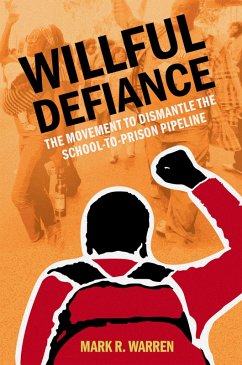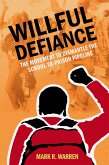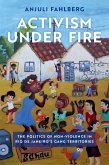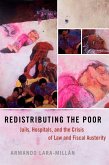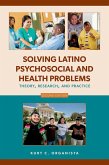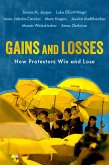The story of how Black and Brown parents, students and members of low-income communities of color organized to dismantle the school-to-prison pipeline in their local schools and built a movement that spread across the country. In
Willful Defiance, Mark R. Warren documents how Black and Brown parents, students, and low-income communities of color organized to dismantle the school-to-prison pipeline in their local schools and built an intersectional movement that spread across the country. Examining organizing processes in Mississippi, Los Angeles, Chicago, and other localities, he shows how relatively small groups of community members built the power to win policy changes to reduce suspensions and expulsions by combining deep local organizing with resources from the national movement. As a result, over the course of twenty years, the movement to combat the school-to-prison pipeline resulted in falling suspension rates across the country and began to make gains in reducing police presence in schools, especially in places where there have been sustained organizing and advocacy efforts. In documenting the struggle organizers waged to build national alliances led by community groups and people most impacted by injustice rather than Washington-based professional advocates, Warren offers a new model for movements that operate simultaneously at local, state and national levels, while primarily oriented to support and spread local organizing. In doing so, he argues for the need to rethink national social justice movements as interconnected local struggles whose victories are lifted and spread, In the end, the book highlights lessons from the school-to-prison pipeline movement for organizers, educators, policymakers and a broader public seeking to transform deep-seated and systemic racism in public schools and the broader society.
Dieser Download kann aus rechtlichen Gründen nur mit Rechnungsadresse in A, B, BG, CY, CZ, D, DK, EW, E, FIN, F, GR, HR, H, IRL, I, LT, L, LR, M, NL, PL, P, R, S, SLO, SK ausgeliefert werden.

